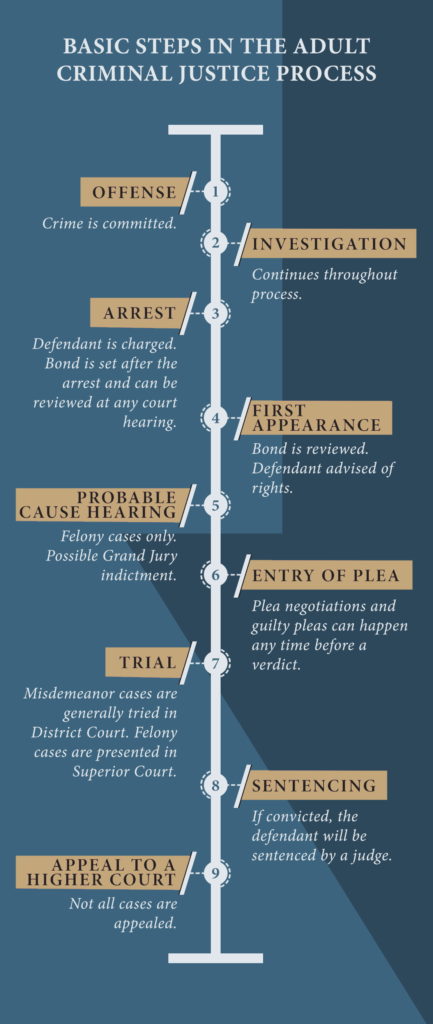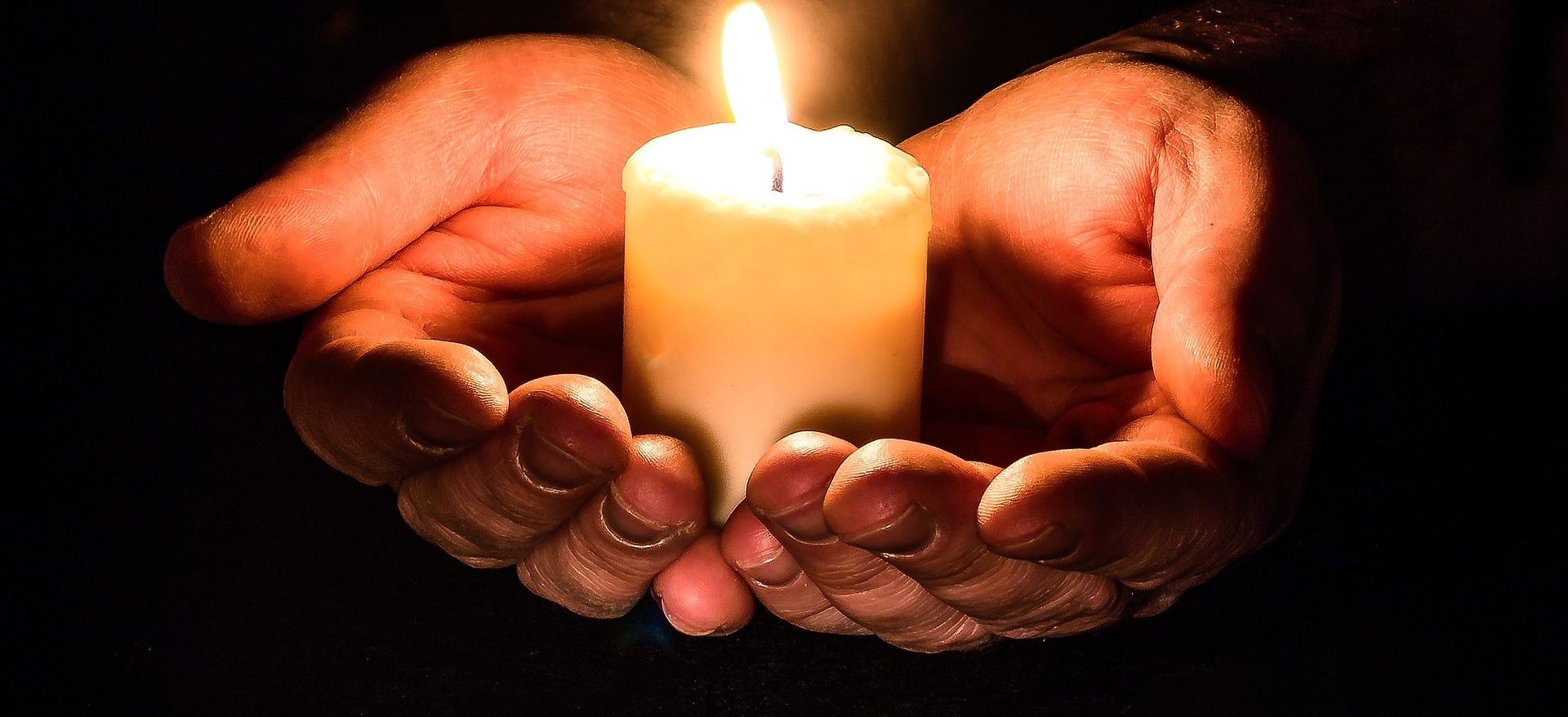Find Your Way Through the Court System
Call Our Office
If you have questions about your role in a criminal case, or want to check on the status of a prosecution, please call our office in the county where your case is pending.
Burke: 828-433-3210
Caldwell: 828-759-3510
Catawba: 828-695-6110
General Information for Victims
Superior and District Court Dates:
Misdemeanor cases are handled in District Court. Victims and witnesses in these cases should appear in court on the scheduled court date so that someone from our office can quickly and efficiently communicate with you and explain your role in the court process. Most interactions with witness and victims in District Court will occur on the defendant’s court date. If you need to figure out when a case is scheduled, you can click here. For additional questions or issues with court dates, please contact the DA’s Office in the county where your case is pending and ask to speak to a District Court Legal Assistant.
For victims in Superior Court cases, our contact with you will be primarily through phone, mail, and in-office meetings. Our office is proactive about reaching out to victims of felonies. If you believe your case is being handled in Superior Court and you are unsure about the status of your case, please call the DA’s Office in the county where your case is pending and ask to speak to a Superior Court Legal Assistant.
A Victim’s Responsibilities:
If you wish to receive notification and to be informed of court proceedings you must notify your DA Legal Assistant at the District Attorney’s office of any change of address or telephone number you may have.
What to do if Threatened or Intimidated
Threatening a witness is a crime in North Carolina. If you receive a threat from the defendant or anyone else, call the police and report the threat. If the threat has to do with a case that is pending in court, please contact the prosecutor or the DA Legal Assistant in the District Attorney’s Office where the case is pending so we can take appropriate action.

The Victims Compensation Program
The Victims Compensation Program, administered by the Division of Victim and Justice Services, is designed to assist persons and crime survivors who suffer personal injury or death caused by criminal conduct which occurred on or after August 13, 1987. Under North Carolina law, the victim, his/her survivors, or a legal representative may file a claim within two (2) years of the date of the crime to receive compensation from this fund.
Only certain qualifying persons are eligible for compensation, including: a victim, a dependent of a deceased victim, a person who is authorized to act on behalf of a victim or dependent, a third person who provided benefit to the victim of his/her family other than in the course or scope of his employment, business or profession.
The compensation program is designed to cover medical expenses, lost wages, and/or replacement services (i.e. childcare expenses). A maximum of $30,000 may be paid for any award except when the victim dies as a result of the crime. In that case, an additional $3,500 may be paid to survivors for funeral expenses. Not all cases qualify for assistance, so please click the button link below to learn more about the program. This program is not administered by the DA’s Office.
Crime Victim’s Rights (“Marsy’s Law”)
Marsy’s Law, which took effect in 2019, expanded the rights of crime victims in North Carolina through an amendment to the State Constitution. For the full text of the law, click here. Below are some of the enumerated rights you may have in your criminal case. Whether or not you have these rights under the law depends on the type of crime that was committed against you. THESE RIGHTS ARE NOT AUTOMATIC. You must opt-in to these rights by contacting the District Attorney’s Office in the county where your case is pending. We send Victim Impact Statements and informational brochures to victims who qualify for these rights, but if you are concerned your case has been overlooked, do not hesitate to call. The State of North Carolina does not allow for private citizens to prosecute each other, so after criminal charges are initiated or investigated, it is always the sole discretion of the District Attorney’s office whether to prosecute a case and how that case will be resolved. While we want to make sure your rights are protected, the attorneys in our office do not represent you as your lawyer. Instead, we represent the State of North Carolina as a whole. Below are some of your rights under the law:
Victims of Domestic Violence
Most domestic violence victims will have their cases heard in District Court. If you are a victim of domestic violence and your case is in Superior Court, this section does not apply, and we will reach out to you directly regarding your involvement in your case.
If you spoke to a magistrate and initiated the criminal charges, you have already been subpoenaed to appear for the case, and your attendance is mandatory. In District Court, on the court date indicated by the magistrate, you will have the opportunity to speak to a representative of the DA’s Office. If an officer initiated the charge, we ask that you contact the Clerk’s office in the county where the charges are pending so that you can attend any court setting of the case. You can also search for court dates here. The case you are involved in may be continued to a new court date, typically scheduled on a Wednesday, upon the request of our office or the attorney for the defendant. The case you are involved in may be resolved through a guilty plea, plea bargain, dismissal, or trial. Once a criminal charge has been initiated, only the DA’s Office can decide to “drop” or dismiss the charges. All plea negotiations are handled by the DA’s Office.
If there is evidence, or you know of witnesses that have direct knowledge of your case, please bring those items and people with you to court. If necessary, we can assist in contacting or subpoenaing witnesses to court. If you have a conflict with your court date, please notify the DA’s Office as soon as you can so we can attempt to continue the case to a time when you are available.
Domestic Violence Resources and Shelters in our District
Burke
Caldwell
For more resources and ways to protect yourself through the court system, click here.
Victim Assistance and Notification
SAVAN- Statewide Automated Victim Assistance and Notification
SAVAN is a free, anonymous, computer-based telephone program that provides victims of crime with two important services: information and notification. The SAVAN program is designed to provide you with a quick easy access to offender information and to alert you when an offender’s custody status changes. Do not depend solely on SAVAN or any other program for your safety. SAVAN may not be available in all North Carolina Counties. For more information visit SAVAN’s website using the link below.
SAVAN
Stay informed with SAVAN
Court Date Notifications
Get Reminders for Upcoming Court Dates
Victims as Witnesses
In many cases, victims will be called to the stand as witnesses. For more information about being a witness in a criminal case, click here.
Additional Victim Resources
- NC Victim Assistance Network / 800-348-5068
- Parents of Murdered Children / (513) 721-5683
- Mothers Against Drunk Driving (MADD) / 877-623-3435
- State Bureau of Investigation / (919) 662-4500
- NC Coalition Against Sexual Assault / (919) 871-1015
- NC Consumer Protection / 877-566-7226
- NC Department of Public Safety Victim Services / 866-719-0108
- NC Statewide Automated Victim Assistance and Notification / 877-627-2826

